- Home›
- Healthy Living›
- 5 Essential Items To Help You Maintain Good Oral Health
5 Essential Items To Help You Maintain Good Oral Health
By: Priyanka Maheshwari Wed, 18 Sept 2024 10:58:44
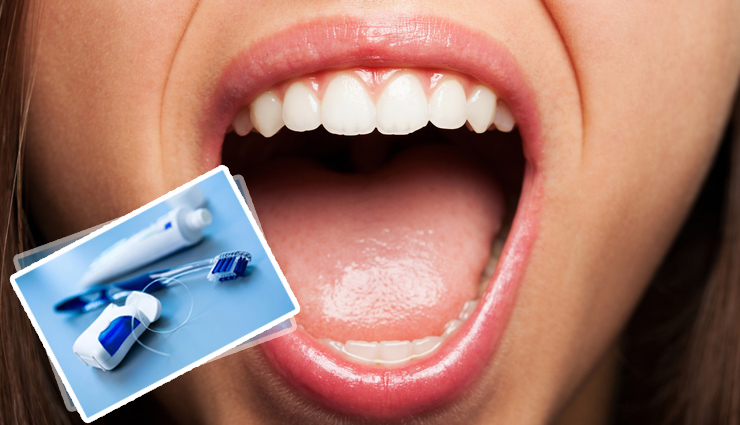
The foundation of good oral health lies in basic practices like proper hygiene and regular dental visits. Though the market offers a variety of oral care products, routine checkups and dental awareness are essential in preventing issues like cavities and bleeding gums. Stay
A healthy mouth is invaluable since it serves as the gateway for everything you consume. A clean, plaque-free mouth promotes overall well-being. Let’s explore the top five items you should add to your dental care kit for a sparkling smile:
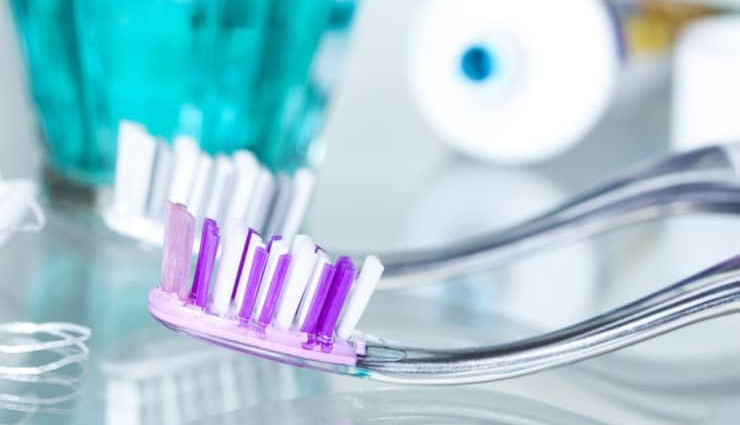
# The Right Toothbrush
With many products claiming to transform your dental care, choosing the right toothbrush is crucial. Keep these factors in mind:
- Handle: Select a brush with a comfortable, non-slip grip for better control. Ergonomic, lightweight handles are ideal for those with arthritis or wrist pain, allowing quicker and easier brushing.
- Head: Opt for a smaller, oblong-shaped head to access all areas, including back molars. A flexible head helps ensure thorough cleaning.
- Bristles: Soft bristles protect enamel and gums from damage, and rounded tips help remove plaque without causing injury. Some eco-friendly brands use biodegradable materials.
- ADA Approval: Look for the American Dental Association (ADA) seal to guarantee safety and efficacy.
- Manual vs. Electric: Choose based on your needs. Electric brushes offer features like timers and brushing modes for convenience.
- Replaceability: Replace toothbrushes every 3–4 months, or sooner if bristles fray. For electric models, check for easily available and affordable replacement heads.
- Eco-Friendly Options: Bamboo toothbrushes are a sustainable choice, degrading in 6 months to a year.
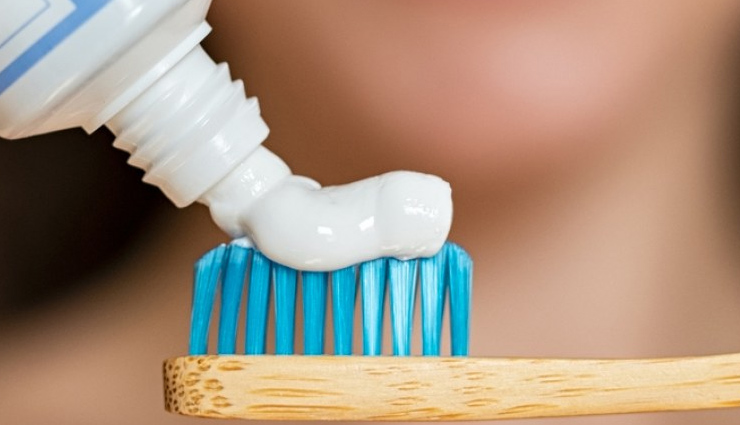
# The Right Toothpaste
Your toothpaste should cater to your specific oral health needs:
- Fluoride Content: To prevent tooth decay, choose toothpaste with 1,350 to 1,500 ppm of fluoride. If allergic to fluoride, non-fluoridated alternatives are available.
- Sensitivity Care: For sensitive teeth, select toothpaste with desensitizing agents like potassium nitrate to reduce discomfort.
- Gum Health: If you have gingivitis or other gum issues, look for toothpaste with antibacterial agents.
- Whitening: Mild peroxides in whitening toothpaste can help remove surface stains, but consult your dentist before use.
- ADA Approval: Always check for the ADA’s Seal of Acceptance for safety and effectiveness.
- Harmful Ingredients: Avoid toothpaste with an RDA (relative dentin abrasivity) over 250, and steer clear of sugary formulas to prevent decay.
- Personal Preferences: Choose flavors and textures that make brushing more enjoyable, like mint or fruity flavors.
For kids, opt for toothpaste with lower fluoride content, safe for ingestion, and available in fun flavors.
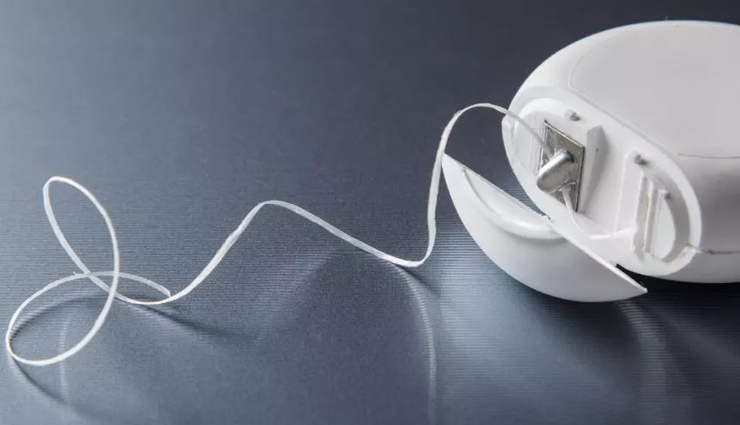
# Dental Floss for Your Tooth Type
Once you’ve mastered brushing twice a day, take it up a notch by cleaning between the teeth using dental floss, an often-overlooked habit in India. It helps prevent cavities, sensitivity, and bleeding gums.
Use waxed dental floss (25mm for tight contacts, 52mm for looser ones) to clean those hard-to-reach areas. Be gentle to avoid injuring your gums.
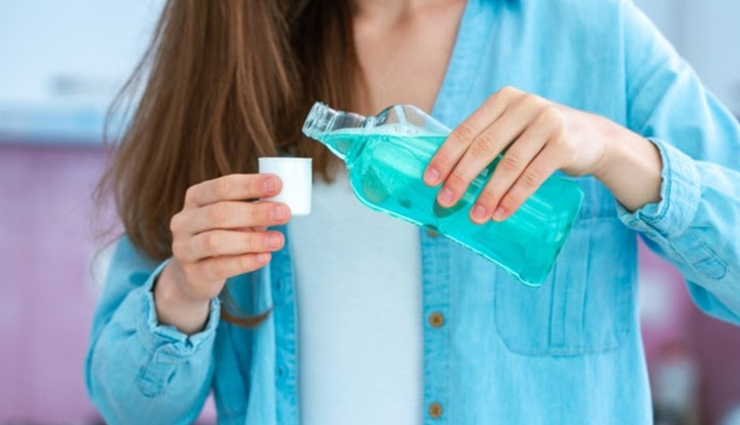
# Mouthwash Recommended by Your Dentist
Mouthwash complements brushing but isn’t a replacement. There are different types for various needs:
- Chlorhexidine: Recommended for gum infections.
- Fluoride-based: Helps prevent cavities.
- Desensitizing: Contains compounds like strontium fluoride to protect sensitive areas.
Avoid alcohol-based mouthwashes as they can dry out the mouth and cause irritation.
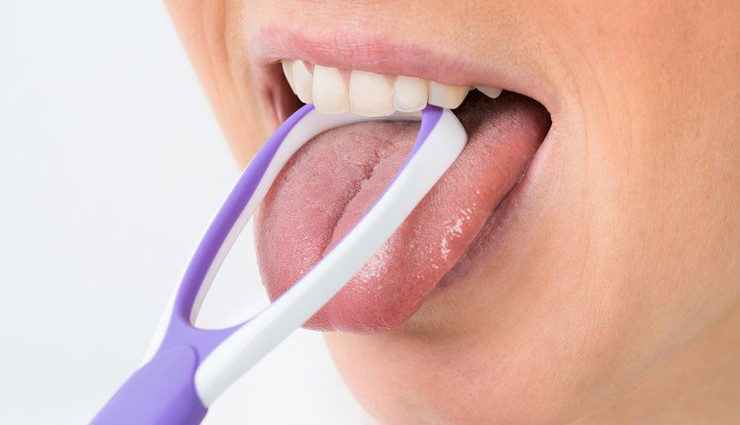
# A Tongue Cleaner
Incorporating tongue scraping into your routine can improve breath and oral health. Look for a scraper with:
- A curved design for easy use
- Smooth, blunt edges to prevent injury
- An ergonomic handle for better grip
- BPA-free and biodegradable materials for an eco-friendly choice
Related Stories:





